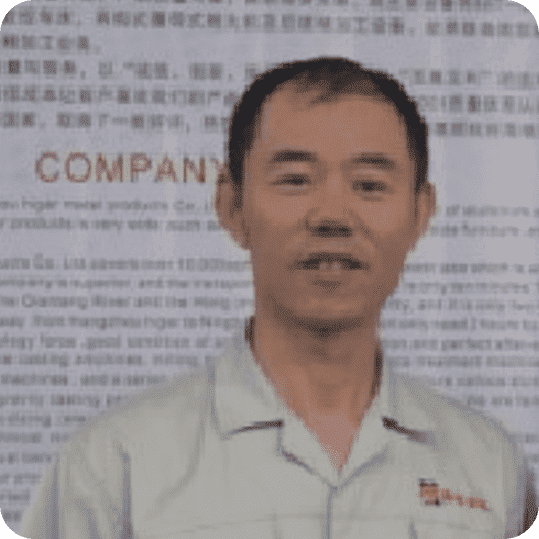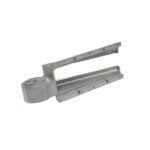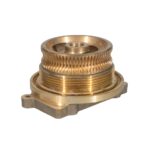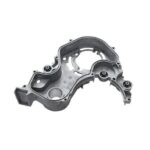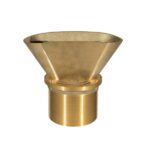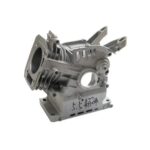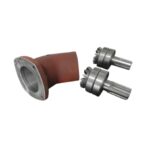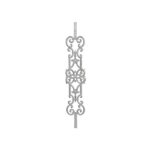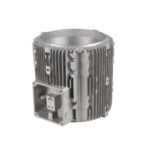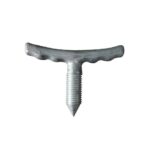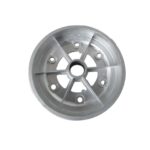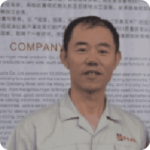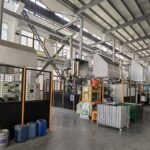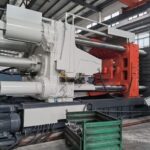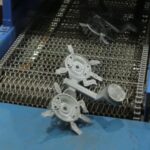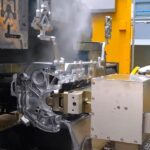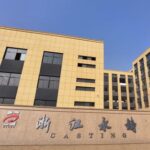The aviation industry relies on precise, reliable runway lighting to guide aircraft safely under all conditions. With over 44,000 airports and airfields worldwide, choosing the right fixtures—and the aluminum die-cast accessories that protect them—is critical.
Below, we explore the busiest airports, key lighting standards, environmental challenges, maintenance schedules, and how to source compliant aluminum die-cast parts.
How Many Airports Exist Worldwide?What are the top 10 airports for airplane movements?
Globally, there are around 44,000 airports or airfields recognizable from the air, including paved and unpaved runways. The table below ranks the ten busiest by annual aircraft movements (2024 data):
| Rank | Airport (IATA) | Movements |
|---|---|---|
| 1 | Hartsfield–Jackson Atlanta Intl (ATL) | 796,224 |
| 2 | Chicago O’Hare Intl (ORD) | 776,036 |
| 3 | Dallas/Fort Worth Intl (DFW) | 743,203 |
| 4 | Denver Intl (DEN) | 689,368 |
| 5 | Las Vegas McCarran (LAS) | 613,973 |
| 6 | Charlotte Douglas Intl (CLT) | 596,583 |
| 7 | Los Angeles Intl (LAX) | 581,779 |
| 8 | Shanghai Pudong Intl (PVG) | 528,074 |
| 9 | Istanbul Airport (IST) | 517,284 |
| 10 | Guangzhou Baiyun Intl (CAN) | 512,284 |
How do you ensure runway lighting safety and performance?
Runway lighting must deliver uniform, high-intensity guidance in fog, rain, and low-light conditions, with precise beam patterns and color codes defined by FAA AC 150/5345-46E and ICAO Annex 14. Key photometric requirements include:
| Light Type | Intensity Range (cd) | Color/Mode | Spacing |
|---|---|---|---|
| Runway Edge Lights | 2,000–20,000 | White (Yellow last 2,000 ft), steady | 50 ft |
| Threshold & End Lights | 10,000–150,000 | Green (threshold), Red (end), steady | Threshold bar |
| Centerline Lights | 3,000–30,000 | White→Yellow, steady | 50 ft |
| Touchdown Zone Lights | 3,000–30,000 | White, flashing 1 Hz | Paired bars |
| Runway End Identifier Lights | 20,000–200,000 | White, flashing 60 fpm | Threshold sides |
| Approach Lighting System | 20,000+ | White strobes, steady or flash | 2,400 ft approach |
Emergency Backup: Fixtures must re-energize within 2 seconds on battery/inverter power and sustain at least 10% of nominal intensity to maintain basic guidance.
Why Are Runway Lighting Photometric and Environmental Requirements So Strict?
Airport runway lamps face extreme conditions that drive rigorous standards:
- Temperature Extremes (–40 °C to +55 °C): Fixtures must endure thermal shock and wide daily swings without cracking or seal failure.
- Salt Spray (up to 70 µg Cl⁻/cm²/day): Marine environments can deposit high chloride loads, accelerating corrosion; defensible designs use marine-grade alloys and seals.
- High UV Exposure (UV Index 8–11): Coastal airports often see “very high” to “extreme” UV at solar noon, degrading paints and polymers—UV-stable powder coats or anodized finishes are required.
These factors make aluminum die-cast accessories (housings, heat sinks, bracket connectors, flanges) the preferred choice. The die-cast process yields dense, low-porosity parts that form a uniform Al₂O₃ oxide layer, naturally defending against moisture and chlorides, while 5000-series “marine-grade” alloys (e.g., 5052, 5083) deliver proven seawater resistance and strength.
How Often Must Runway Lighting Be Maintained and What Are Typical Replacement Rates?
Airports follow a structured maintenance regimen to ensure reliability:
| Interval | Activity | Notes |
|---|---|---|
| Monthly | Visual inspection & freshwater wash-down | Remove salt/debris from lenses & housings |
| Quarterly | Photometric testing | Verify intensity & beam uniformity |
| Annually | Lamp & gasket replacement | Average lamp MTBF ~10,000 hr; ~10% annual replacement |
| As Needed | Accessory inspections & seal re-torque | Die-cast housings & heat sinks |
Keeping a spare-parts kit (LED modules, gaskets, O-rings) ensures rapid field swaps and minimal downtime.
Where Can Airports and Lighting Suppliers Source Aluminum Die-Cast Runway Lighting Accessories?
Partner with an experienced aluminum die-casting foundry specializing in:
- Marine-grade alloys (5052/5083)
- IP67-rated molds
- Precision machining for ±1° aiming adjustments
- Surface treatments: anodizing, powder-coating, UV stabilization
Such vendors deliver turnkey solutions—aluminum die-cast runway edge lighting fixtures, custom die-cast connectors, and heat-dissipating housings—to meet FAA, ICAO, and local regulatory mandates.
Searching for High-Quality for Cast Aluminum Parts?
You’ve come to the right place! Yongzhu Casting is a certified die casting manufacturer with over 20 years of expertise in the industry.
We have successfully completed numerous die casting projects for Aluminum casting parts, particularly in your industry.
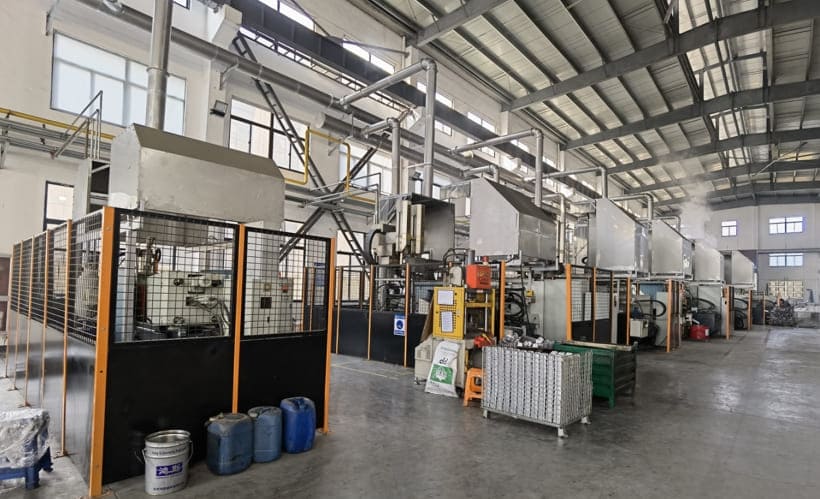
Zhejiang Yongzhu Casting Technology Co., Ltd.
Location: Zhejiang, China
Company type: Manufacturers, Producers, Wholesalers
Year Founded: 2004
Main Products: Aluminium die casting, Mold Making, Die Casting, Sand Casting, Gravity Casting
Leading Chinese producer Yongzhu Casting is formerly known as Hangzhou Higer Metal Products Co., Ltd., was established in 2004.
With 20 years of experience in the industry, we are a specialized manufacturer in Aluminum casting and Machining.
Our products are widely used in various applications such as Automotive, Energy, Lighting, Medical, Home Furnishings, Machinery & Equipment etc. Below are our advantages:
Design Review & DFM Support
Our professionals will evaluate your designs and provide suggestions for cost savings. Additionally, we offer Design for Manufacturing (DFM) assistance and conduct mold flow analyses to facilitate efficient production.
State-of-the-Art Manufacturing Equipment
Our facility is equipped with advanced hot-chamber and cold-chamber die casting machinery for aluminum and zinc production.
We also utilize high-precision CNC machines in a temperature-controlled workshop, featuring 3-Axis, 4-Axis and 5-Axis setups to manage any project you have.
Rigorous Quality Control Measures
Our dedicated quality control team ensures that all parts meet the highest standards of quality and consistency. We employ high-accuracy measurement instruments, including CMM, spectrometers, and X-ray detectors.
Comprehensive Surface Treatment Options
We provide a variety of surface finishing techniques for your precision die casting components. Our in-house services include cleaning, polishing, anodizing, shot blasting, and painting.
Flexible Project Acceptance
While larger manufacturers often shy away from low-volume projects, and smaller ones may struggle with quality, Yongzhu Casting stands apart. We prioritize customer satisfaction and willingly accept high-mix, low-volume projects like yours.

